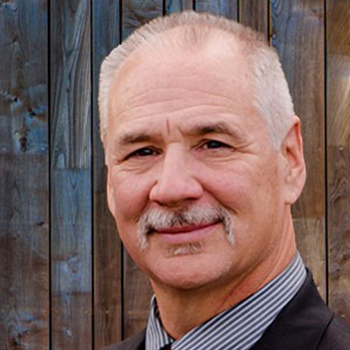Mufasa, Simba’s deceased father, appeared to him in a vision: “Simba, you have forgotten me. You have forgotten who you are, and so have forgotten me. Look inside yourself, Simba. You are more than what you have become.”
Simba: “How can I go back? I’m not who I used to be.”
Mufasa: “Remember who you are.” Simba: “No. Please! Don’t leave me.”
Mufasa: “Remember . . . You are my son, and the one true king. Remember . . .”
Even if you have not seen the movie, The Lion King, this scene between a young adult male lion and his deceased father stirs up emotion. Words have incredible power in our lives. As adults, we choose which words to believe and which ones to ignore. Young Simba heard many voices from his past. He heard his uncle’s voice, which brought shame and condemnation. He heard the voice of his friends, urging him to live worry-free. However, the voice that clinches it for Simba is the voice of his father calling him to remember.
Before this vision, Simba was willing to accept an existence that did not matter. One that he believed would cause no harm. The truth was that this “innocent life” was a life that would have no impact for good, either.
Simba had chosen to live inauthentically. His father’s words caused Simba to realize that the “innocent life” he had chosen brought harm to those who really mattered to him. That realization inspired the young lion to return to his pride and engage in a battle, with no guarantee of victory. His choice: to pull back out of fear of being exposed, or to seek the courage to engage in a battle worth the effort.
In counseling, we hope for such realization for our clients. When counseling is done well, the counselor becomes a strong voice, reminding people to remember the truth, take courage, and engage in a worthy battle. By so choosing, they release what is good and noble and valuable about themselves. And, the voice of the Father is remembered.
In life, we choose what voice we believe, and even more importantly, we choose what voice we offer. I used to believe that we develop true beliefs first, and then we offer truth to others. Now, I find that it is not always so sequential. For example, you may have had the experience of offering wisdom to another, only to have an immediate realization that this wisdom held a truth for you, mysteriously shedding light on your own path. This happens to me often.
What voice will you offer others? The voice of shame and condemnation? The voice of temporal worry-free living? Or will you speak the truth, risking that you may hear the call that “you are more than what you have become?” This is the risk of a prophet, a counselor, a friend, who does more than just sit back and simply point toward the truth. For if we point in a direction that we clearly are not heading – what fool would believe it to be a worthwhile destination?
Together, let us choose to remember the Father, and to remind each other of His truth as we journey together.




